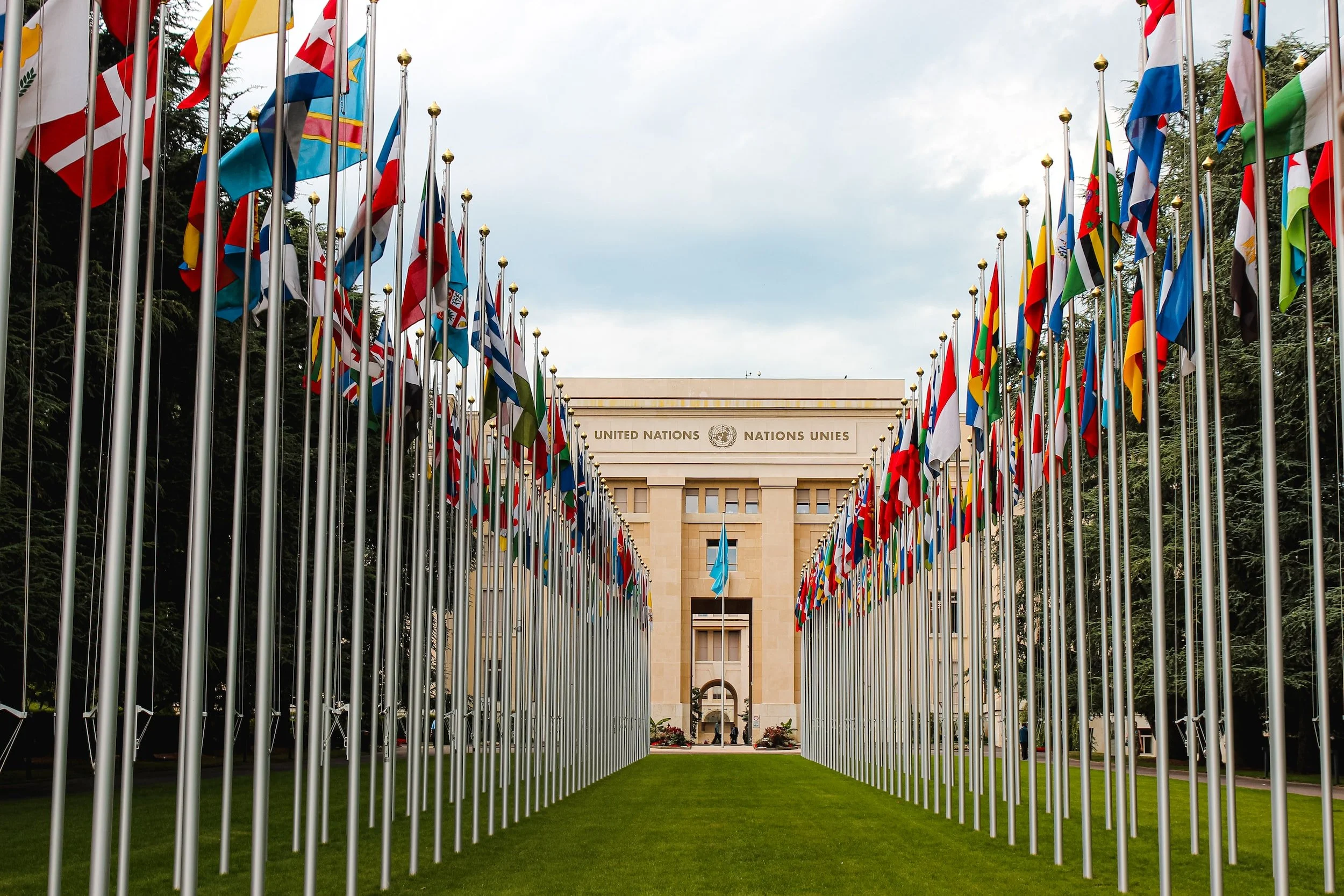Vanuatu Victory at the United Nations
On 29 March 2023 the United Nations General Assembly voted by acclamation to support the motion brought by the Republic of Vanuatu and by Pacific island law students, with the support of more than 100 countries. This sought a referral to the International Court of Justice for an advisory opinion of two questions seeking clarification of states’ responsibilities under international law to address climate change effectively.
The questions were:
“Having particular regard to the Charter of the United Nations, the International Covenants on Civil and Political Rights and on Economic, Social and Cultural Rights, the United Nations Framework Convention on Climate Change, the Paris Agreement, the United Nations Convention on the Law of the Sea, the duty of due diligence, the rights recognized in the Universal Declaration of Human Rights, the principle of prevention of significant harm to the environment, and the duty to protect and preserve the marine environment,
(1) What are the obligations of States under international law to ensure the protection of the climate system and other parts of the environment from anthropogenic emissions of greenhouse gases for States and for present and future generations;
(2) What are the legal consequences under these obligations for States where they, by their acts and omissions, have caused significant harm to the climate system and other parts of the environment, with respect to:
(a) States, including, in particular, small island developing States, which due to their geographical circumstances and level of development, are injured or specially affected by or are particularly vulnerable to the adverse effects of climate change?
(b) Peoples and individuals of the present and future generations affected by the adverse effects of climate change?”
Although the ICJ ruling will not be legally binding, it will carry enormous weight in the development of customary international law and the legal expectations placed on nation states, so this is still a significant moment in the battle for climate justice by the states contributing next to nothing to global climate emissions, but suffering the most from its effects.
A BBC report on the background is here and further details on the Vanuatu ICJ Initiative are set out here
Human Rights-Baed Climate Litigation
On 29 March 2023, the European Court of Human Rights heard two landmark cases in the field of human rights based climate litigation.
The first was brought by 2,038 older women, known as the KlimaSeniorren, against Switzerland, arguing their particular susceptibility to climate change and for a more active set of targets and policies by the state to address it.
The second was brought against the government of France by the former mayor of Grande-Synthe, based on the vulnerability of his home to flooding. Again it argues insufficient action by the state to address climate change.
The Court will also later in 2023 hear the case brought by six young Portuguese litigants against 32 countries – all EU Member States, Norway, Switzerland, the UK, Ukraine and Turkey.
We will be reporting further on developments in these key cases and on other important climate litigation, which is becoming ever more important as governments fail to respond to climate change with an urgency that matches the science.


